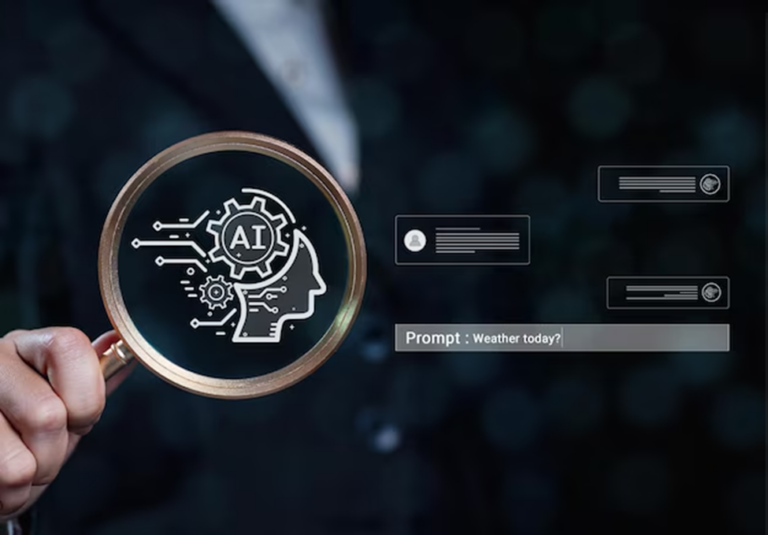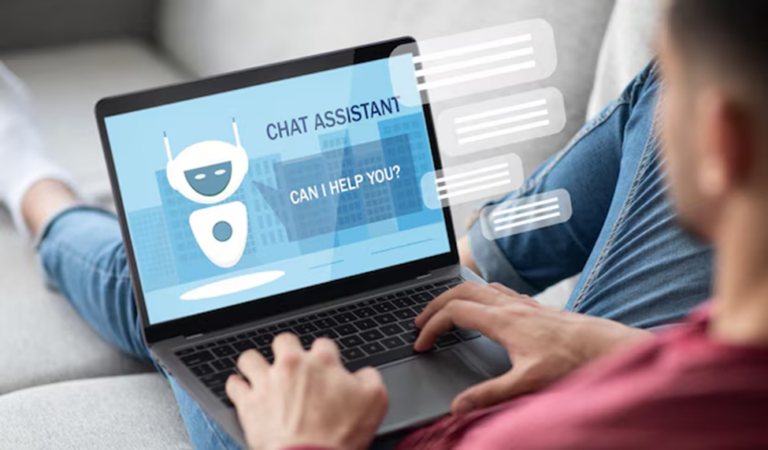AI Voice Assistants: Which One Should You Choose?
AI voice assistants have become essential to modern technology, assisting users with daily tasks, answering questions, and managing smart home devices. With so many options available, choosing the right one can be challenging. This article compares the top AI voice assistants—Google Assistant, Amazon Alexa, Apple Siri, Microsoft Cortana, Samsung Bixby, and OpenAI’s ChatGPT Voice—based on their capabilities, advantages, and limitations.
Introduction
AI voice assistants have become a vital part of daily life, helping users with tasks like setting reminders, managing smart devices, searching for information, and even making purchases. With numerous options available, it can be challenging to determine which one best suits your needs. This article compares six leading AI voice assistants—Google Assistant, Amazon Alexa, Apple Siri, Microsoft Cortana, Samsung Bixby, and OpenAI’s ChatGPT Voice—highlighting their unique features, strengths, and weaknesses.
Google Assistant

Google Assistant is one of the most potent AI voice assistants, and it is seamlessly integrated into the Google ecosystem. It is available on Android devices, Google Nest products, and third-party smart home devices.
Google Assistant excels at answering general knowledge questions, retrieving search results, setting up routines, and managing smart home devices. It efficiently integrates with Google services such as Gmail, Google Calendar, and Google Maps, making it particularly useful for users deeply embedded in Google’s ecosystem. Additionally, it offers multilingual support and advanced natural language processing, making conversations feel more natural.
While it is one of the most intelligent voice assistants available, it has some limitations. Most features require an internet connection, and its smart home compatibility is not as extensive as Amazon Alexa’s.
Amazon Alexa
Amazon Alexa is best known for its ability to control smart home devices and integrate with various IoT products. Primarily used in Amazon Echo devices, it is widely adopted due to its extensive customization options and the ability to install Alexa Skills.
Alexa is ideal for smart home automation, allowing users to control lights, thermostats, security cameras, and other devices through voice commands. It can also place orders on Amazon, making shopping more convenient. Additionally, users can create customized skills or routines to automate multiple tasks.
Despite its flexibility, Alexa is not as strong as Google Assistant when it comes to answering complex knowledge-based queries. It also relies heavily on Amazon’s ecosystem, which may not be beneficial for users who do not frequently use Amazon services.
Apple Siri

Siri is Apple’s AI voice assistant, integrated into all Apple devices, including iPhones, iPads, MacBooks, and HomePods. It is known for its deep integration with Apple’s ecosystem and its privacy-focused approach.
Siri is commonly used for sending messages, making calls, setting reminders, and managing Apple HomeKit smart devices. It also supports Siri Shortcuts, which allows users to create automated tasks through voice commands. Unlike some other assistants, Siri can process specific commands offline, enhancing user privacy.
While Siri is a great option for Apple users, it has some notable drawbacks. Its third-party integrations are limited compared to Alexa and Google Assistant, and its search capabilities are weaker. Additionally, its functionality is restricted to Apple products, making it less versatile for users with mixed-device environments.
Microsoft Cortana
Cortana was initially designed as a general-purpose AI voice assistant for Windows users, but Microsoft has since shifted its focus toward enterprise productivity.
Cortana is now mainly used within Microsoft 365 applications, offering features such as scheduling meetings, managing emails, and setting reminders. It integrates well with Outlook, Microsoft Teams, and other business-related applications, making it ideal for professionals.
However, Cortana lacks strong, smart home and entertainment features. Microsoft has reduced support for Cortana on mobile devices, making it less relevant for personal use compared to Google Assistant, Alexa, and Siri.
Samsung Bixby

Bixby is Samsung’s AI voice assistant, designed primarily for Samsung devices, including smartphones, tablets, smart TVs, and smart home appliances.
Bixby stands out with its deep integration into Samsung’s ecosystem. Users can perform tasks such as opening apps, adjusting device settings, sending messages, and even controlling Samsung smart home appliances through voice commands. Bixby Vision is another unique feature that enables users to scan objects, translate text, and identify products using the camera.
Despite its strong device integration, Bixby lags behind Google Assistant and Alexa in terms of natural language processing and general knowledge responses. Additionally, its adoption outside of Samsung’s ecosystem is minimal, making it less useful for users who do not own Samsung devices.
OpenAI’s ChatGPT Voice
ChatGPT Voice is OpenAI’s conversational AI assistant, offering a highly advanced natural language processing experience. Unlike traditional voice assistants, ChatGPT focuses on engaging, human-like conversations and answering complex queries with more context-aware responses.
One of ChatGPT Voice’s key strengths is its ability to provide detailed, well-structured answers to a wide range of topics. This is particularly useful for users who need help with research, brainstorming, and long-form discussions. Additionally, it can generate creative content and offer explanations on various subjects.
However, ChatGPT Voice is not yet fully integrated into smart home ecosystems, making it less effective for controlling devices compared to Google Assistant and Alexa. It also requires an internet connection and does not offer direct integration with mobile operating systems like Siri and Google Assistant do.
Which AI Voice Assistant Should You Choose?

The best AI voice assistant depends on your needs and the devices you use most frequently.
- Google Assistant is the best option for users who want superior search capabilities, natural language processing, and deep integration with Google services.
- Amazon Alexa is the top choice for smart home automation, offering extensive compatibility with third-party devices.
- Apple Siri is ideal for Apple users who prioritize privacy and seamless integration within the Apple ecosystem.
- Microsoft Cortana is suited for professionals who rely on Microsoft’s productivity tools but is not as useful for general consumer applications.
- Samsung Bixby is best for users who own multiple Samsung devices and want deep system-level integration.
- OpenAI’s ChatGPT Voice is an excellent option for users looking for advanced conversational AI but lacks smart home control features.
Conclusion
AI voice assistants have evolved significantly, offering various features to enhance productivity, entertainment, and home automation. The choice between Google Assistant, Amazon Alexa, Apple Siri, Microsoft Cortana, Samsung Bixby, and OpenAI’s ChatGPT Voice depends on your ecosystem, priorities, and usage habits. Whether you need a voice assistant to manage your smart home, helping with work tasks, or engage in deep conversations, understanding their differences can help you make the best decision for your needs.







